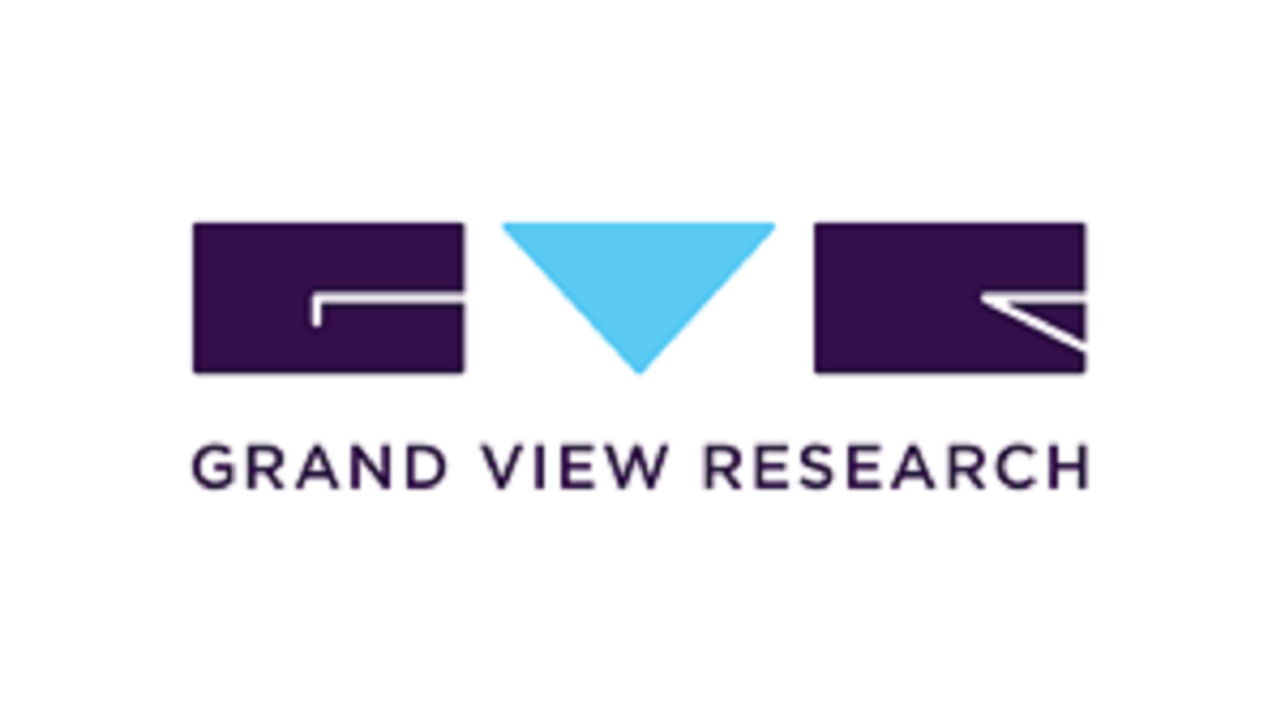The global healthcare electronic data interchange market size was valued at USD 4.41 billion in 2022 and is projected to reach USD 9.18 billion by 2030, growing at a CAGR of 9.6% from 2023 to 2030. The market growth is primarily driven by the rising need to control healthcare costs combined with advancements in EDI technologies, which enable healthcare organizations to streamline operations and improve efficiency.
The increasing number of end-users and the growing adoption of EDI systems are also expected to support market expansion during the forecast period. Healthcare EDI facilitates the automation of critical business processes, including claims submission and payment, insurance eligibility verification, and data reporting. According to the Maryland Healthcare Commission, claim submissions are among the most common electronic transactions in healthcare, highlighting the widespread use of EDI systems.
By enabling the rapid, accurate, and secure exchange of data, electronic data interchange helps healthcare organizations maintain affordable costs, improve quality of care, and streamline supporting processes. Unlike paper-based systems, which can be cumbersome, inefficient, and costly when it comes to distributing, retrieving, consolidating, or searching for data, EDI minimizes time-consuming procedures and significantly optimizes claims management workflows.
Technologically advanced EDI solutions, such as web-based platforms, address challenges related to confidentiality, authentication, and data integrity, ensuring secure and reliable data exchanges. Additionally, developments in the American National Standards Institute (ANSI) X12 EDI formatting standard have made EDI increasingly effective for Business-to-Business (B2B) transactions. The adoption of Extensible Markup Language (XML) and other web-based standards in EDI systems is further accelerating the growth of this market, supporting seamless and standardized data exchange across healthcare networks.
Key Market Trends & Insights:
• In 2022, North America dominated the global healthcare electronic data interchange (EDI) market, capturing the largest revenue share of 44.5%. This dominance is attributed to the region’s well-established healthcare infrastructure, high adoption of digital healthcare solutions, and robust regulatory support for electronic data management. The Asia Pacific region is expected to register the fastest growth, with a projected CAGR of 9.9% from 2023 to 2030, driven by rapid digitization in healthcare, increasing healthcare expenditure, and expanding adoption of advanced EDI technologies.
• When analyzed by component, the services segment dominated the market in 2022, reflecting the high demand for professional services such as EDI implementation, integration, maintenance, and consulting that help healthcare organizations optimize their data exchange processes.
• Based on delivery mode, the web and cloud-based EDI segment held the largest revenue share of 46.6% in 2022. Cloud-based solutions are preferred due to their scalability, accessibility, cost-effectiveness, and ease of integration with existing healthcare systems, enabling organizations to securely and efficiently manage large volumes of electronic data.
• By end-use, the healthcare payers segment dominated the market with a revenue share of 36.9% in 2022. Payers, including insurance companies and third-party administrators, rely on EDI solutions to automate claims processing, verify eligibility, reduce administrative costs, and ensure timely and accurate transactions, making them the largest adopters of healthcare EDI systems.
Order a free sample PDF of the Healthcare Electronic Data Interchange Market Intelligence Study, published by Grand View Research.
Market Size & Forecast:
• 2022 Market Size: USD 4.41 Billion
• 2030 Projected Market Size: USD 9.18 Billion
• CAGR (2023-2030): 9.6%
• North America: Largest market in 2022
• Asia Pacific: Fastest growing market
Key Companies & Market Share Insights:
The growing competition in the healthcare electronic data interchange (EDI) market is driving rapid technological advancements, with companies continually focusing on product improvement and innovation. A significant emphasis is being placed on research and development (R&D), which, along with compliance with regulatory policies and ongoing technological advancements, is fueling the introduction of novel techniques and solutions in the industry.
For example, in May 2022, NextGen Healthcare, Inc., a leading provider of cloud-based healthcare IT solutions, announced the launch of NextGen Health Data Hub Insights. This platform is a modern, expandable data warehouse and custom analytics solution designed to simplify data access, analytics, and report generation for health information exchanges (HIEs) and healthcare providers, enabling more efficient management of healthcare data.
Similarly, in October 2021, Cerner launched Cerner RevElate™, a next-generation patient accounting tool with enhanced and expanded features added to the Cerner revenue cycle management portfolio. This innovation aims to optimize revenue processes for healthcare providers while integrating seamlessly with existing EDI systems.
In addition, in October 2019, Epicor Software Corporation acquired 1 EDI Source, Inc., a company specializing in business visibility software and electronic data interchange solutions. This acquisition strengthened Epicor’s Business Services offerings and supported its goal of becoming the preferred cloud vendor in target markets, providing clients with enhanced capabilities for efficient data management and streamlined EDI operations.
Overall, these initiatives highlight how investment in R&D, strategic acquisitions, and product innovations are continuously shaping the healthcare EDI landscape, enabling companies to offer more advanced, efficient, and integrated solutions to meet the evolving needs of healthcare providers and payers.
Key Players
• OSP
• MCKESSON CORPORATION
• NXGN Management, LLC
• Optum, Inc.
• SSI Group LLC
• Cleo
• Oracle
• Epicor Software Corporation
• Effective Data
• DataTrans Solutions
Explore Horizon Databook – The world's most expansive market intelligence platform developed by Grand View Research.
Conclusion:
The healthcare electronic data interchange (EDI) market is experiencing significant growth, driven by the increasing need to manage healthcare costs and advancements in EDI technologies. The adoption of EDI systems is facilitating the automation of critical business processes, including claims submission, insurance eligibility verification, and data reporting, thereby enhancing operational efficiency and reducing administrative burdens. The market is also witnessing a surge in end-users, with healthcare payers leading in adoption, contributing to the overall market expansion.


